“Is relationship counseling just a new trend or can it really help me?” a friend of mine asked me recently. When she got married 10 years back, both she and her husband had discussed that they would prefer to be childfree. But suddenly her husband changed his mind. He was keen to adopt while she felt she was not ready for adoption. As a result, they started drifting apart in the marriage. She feared that the marriage could ultimately end unless they both made an effort to salvage it.
That’s when I told her about famous American psychologist John Gottman. He has been researching for 40 years on 3,000 couples and has saved hundreds of marriages. Gottman believes that couples are often too late in opting for relationship counseling. They do so only when the worst has hit the relationship, but if they had opted a little earlier then maybe more marriages could have been saved.
I told my friend relationship counseling is not a fad. It not only helps couples, but family counseling has also been helping parents to understand their children better as well. In fact, premarital counseling is helping people to navigate the complicated institution of marriage better.
“You must go for relationship counseling before it is too late,” I told my friend.
What Is Relationship Counseling?
Table of Contents
To put it very simply, relationship counseling helps you understand what you are doing wrong in the relationship. It helps you reconnect and fix relationship issues.
If you have health problems you go to a doctor, if you have mental issues you take the help of a psychologist. But if your relationship has turned unhealthy and there are issues ailing it for years, you keep grappling with it without asking for any help.
Why? Because most of the time you don’t release that there is a problem in the first place. Life coach, Joie Bose says, “When people come to me for relationship counseling they are so confused about their own feelings. As a counselor, my job is to help them understand where they are going wrong and how they can set it right.
“Bringing in a third person’s views, who is trained in understanding relationship dynamics, is not judgmental about a couple and who can help you negotiate situations better, can work wonders for your relationship.”
The American Association Of Marriage And Family Therapy (AAMFT) says on its website marriage and family therapy is as effective and in some cases more effective than standard and/or individual treatments for many mental health problems such as adult schizophrenia, affective (mood) disorders, adult alcoholism and drug abuse, children’s conduct disorders and marital distress and conflict.
Can counseling help a broken relationship? AAMFT reiterates 98 % of clients of marriage and family therapists report therapy services as good or excellent. This obviously means that they got positive results from relationship counseling. In the feedback received by the AAMFT, 90 % of clients report an improvement in their emotional health, and nearly two-thirds report an improvement in their overall physical health.
A majority of clients report an improvement in their functioning at work, and over three-fourths of those receiving marital/couples or family therapy report an improvement in the couple’s relationship. The benefits of relationship counseling include pinpointing the issues, reducing conflict, improving communication and self-esteem. It helps you manage your emotions better and renew the happiness quotient in a relationship.
You could opt for short-term therapy or a long-term one but relationship counseling helps you fix the issues that plague your relationship.
Related Reading: Marriage Counselling – 15 Goals That Should Be Addressed Says Therapist
When To Seek Relationship Counseling?
Now that you understand what relationship counseling is, it’s time to address another important question: when to seek relationship counseling. In any long-term, committed relationship, issues and rough patches tend to surface from time to time. While you may be able to work your way through smaller disagreements and differences, certain issues can become chronic over time and rock your relationship boat.
That’s when the intervention of an expert can be immensely helpful in weathering the storm and gaining clarity on what you want for yourself and your relationship. So what are these issues that warrant seeking counseling? Let’s take a look:
- Indifference: If you and your partner have become indifferent to each other’s needs, expectations, happiness and sorrow, it indicates that something is amiss in your equation. Indifference also causes you to become withdrawn and stop fighting for your relationship. That’s why it’s to get to the bottom of what’s triggering this lack of care and compassion in the relationship. And you can do that by seeking relationship counseling online or in-person
- Constant fighting: Constant fighting and bickering is the manifestation of negative or broken-down communication in a relationship, which can weaken your bond and stall your growth as a couple. With the right relationship counseling questions and an expert to help you navigate your own emotions, you can find a way to break this pattern
- Secrets and lies: Trust in a relationship is considered non-negotiable. That trust is built on honesty and transparency. If one or both partners in the relationship take refuge in lies and secrets, it not only impacts trust negatively but also indicates that the foundation of trust is weak to begin with. This points to a larger problem in the couple’s dynamics that needed expert intervention
- Lack of intimacy: Sexual intimacy in any long-term relationship gradually begins to simmer down after some time, and that’s both expected and normal. However, other forms of intimacies only grow stronger with time when a couple is in sync with each other. This well-rounded sense of closeness makes even fewer instances of sexual engagement fulfilling. If you’re struggling to be intimate with your partner at all, then it may be time to check into relationship counseling
- Cheating: Cheating can be a colossal hurdle to cross in any relationship. While the partner who has been cheated on struggles with difficult emotions such as betrayal, pain and loss of trust, the cheater too rarely acts without reason. Relationship counseling can help you identify the underlying fissures that made space of third-wheeling in your partnership and salvage your bond if that’s what you want
Types of relationship counseling
Does marriage counseling work? Can relationship counseling help couples overcome their issues? There is no straightforward ‘yes’ or ‘no’ answer to these questions. It depends on the gravity of issues you’re struggling with, the proficiency of the counselor you work with as well as the approach to counseling.
Depending on what your issues and personal histories are, a counselor may use one or more of the following types of relationship counseling:
- The Gottman Method: This approach is used to tackle the destructive behaviors of criticism, contempt, defensiveness and stonewalling – or the four horsemen, as they’re known in this method – through exploring personal histories, differences, triggers, shared values, and ultimately, gaining tools to for healthy conflict resolution and management
- Cognitive-behavioral therapy (CBT): This is among the most popular of the different types of counseling. The focus here is on understanding and challenging the belief of both partners to understand how they think and equip them with better communication and conflict resolution abilities
- Discernment counseling: This approach to relationship counseling is used when one partner wants to save the relationship and the other wants out. It targets the ambivalence that may be preventing either partner to fully engage in the process of therapy and allows them to see and weigh their options before jumping to the decision of ending the marriage
- Emotion-focused therapy: In this relationship counseling approach, the focus is identifying, exploring and putting in perspective the emotions of both partners vis-à-vis problematic events in the relationship, and make them see how their emotional responses could be contributing to their issues
- Imago relationship therapy: The Imago method explore attachment styles vis-à-vis both partner’s childhood experiences, helping them identify how unmet childhood needs could result in negative thoughts, feelings and behaviors
- Narrative therapy: This type of relationship counseling explores self-sabotaging themes in a couple’s equation. It stems from the philosophy that the stories you tell about yourself shape your behavior, decisions, and in turn, the future of your relationship. The objective here is to correct self-defeating narratives in a relationship
- Solution-focused therapy: As the name suggests, the focus of this approach to relationship counseling is finding a solution to work through the problem at hand. It is most effective when there is a clear issue at hand, such as infidelity or lack of intimacy, as opposed to a wider range of conflicts and long-standing issues
Related Reading: 6 Relationship Problems Millennials Bring Up The Most In Therapy
10 Things You Need To Know About Relationship Counseling
Before you opt for relationship counseling you might have a lot of questions in your mind and you might be even skeptical if it will work in your favor. “Does marriage counseling work? Will my relationship benefit from therapy? If it doesn’t, does that mean that therapy was unsuccessful? We’re going into marriage counseling, what not to say and what to say?”
It can all seem too confusing and intimidating in the beginning. However, if you identify with any of the reasons we covered in when to seek relationship counseling, it’s best to do it sooner rather than later. Remember you have the option of asking your therapist as many relationship counseling questions as you like to get familiarized and be at ease with the process.
Even so, to help shake of that initial inhibition, in this article, we have laid out in detail what relationship counseling is all about. What you need to know and how it could help you straighten out the creases in your relationship.
1. Can counseling help a broken relationship?
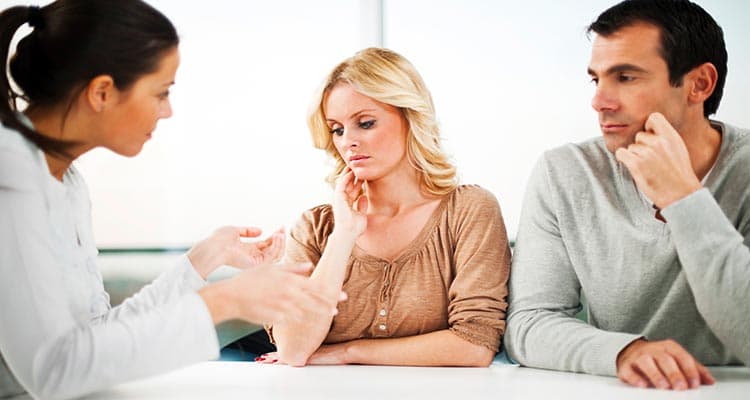
Does marriage counseling work? The answer to this question also depends on your expectations from the process. Many people approach relationship counselors with the attitude that it would fix things like you fix 2-minute noodles for dinner. They think one sitting with the counselor would give them a magic pill that would rejuvenate the relationship. If that’s what you go in expecting, you will return disappointed.
Kenneth Heffley, who went for counseling with his wife Megan (names changed) said, “When we went to a counselor I realized that our issues ran far deeper than we had imagined. We thought our fights stemmed from the fact that I was into too much gaming. Then the counselor made us realize that our issues stemmed from the childhood we had. I had an abusive father and a toxic childhood and Megan had very religious conservative parents who controlled her every move.”
Relationship counseling needs both parties to get equally involved in the whole process to reap the benefits. Sometimes after couples therapy counselors go for individual therapy. But that is only after they have known your issues as a couple. Counseling can help a broken relationship but you need to devote time to the regular sessions. Do not expect it to work like a magic wand.
2. Be honest when you are asked relationship counseling questions
Relationship counseling takes off with a lot of questions. The counselor will ask you about the main issues that led you to their office. But to solve your problems you have to supply them with a lot of information. If you want to see tangible results, it’s imperative you answer all relationship counseling questions honestly and candidly.
Tell them how you met, how your relationship was initially, when it took a turn for the worse, and what are your future couple goals. They would want to know about your individual histories, about your childhood, teenage and about your life before you came together.
They would want to focus on the strengths of your relationship and know about the weaknesses. The counselor may even give you certain questionnaires to answer to assess the underlying issues that you and your partner may not even be aware of. If you are not honest and forthcoming in the information you provide, you could be impeding the whole session.
3. The initial phase of counseling can escalate the issues
In marriage counseling what not to say? “This isn’t working. I’m out” is definitely something you should steer clear of. Relationship counseling could bring out some issues that you had pushed under the carpet and that could make things really unpleasant in the beginning.
You could be even left thinking that if you took the right decision to opt for relationship counseling. You could be brought back to those unpleasant memories and animosity you feel toward each other. When couples opt for marriage counseling, the relationship is already in a very volatile and stressful stage.
When more unpleasant things are brought out from the relationship and put on the table, it could escalate the issues further. Relationship counselors who are highly skilled bring the positives out of a situation like this by addressing the relationship and not the couple so that the blame-shifting and anger are minimized. Trust the process and have faith in your therapist.

4. Choosing the right relationship counselor
Relationship counselor, Dr. Aman Bhonsle says, “Therapy is often seen as a bandage where hearts can heal and minds can meet. However, there are also the odd occasions when therapy becomes – World War I style trench warfare where shots are fired by the people involved from several hidden ditches of the emotional terrain.”
In that case, choosing the right counselor is a very important step. There are a lot of counselors out there, who could be all trained with degrees to flaunt and their fees could be going through the roof but what’s the end result?
You could come out of a therapy session feeling highly dissatisfied and even more stressed. Because unknown to you, your therapist could have taken sides, allowed you to have fights where you interrupted and blamed each other, while they sat back and just watched.
High fees do not always ensure the best counselor. A good way to zero in on the right therapist is to ask friends, who have gone to therapy themselves, to recommend. You can check out the testimonials about the counselors too. Finding a counselor who is a member of a number of recognized organizations means they take their profession seriously.
Related Reading: 15 Signs Of Emotional Neglect In A Marriage
5. What’s their method of intervention?
One of the important relationship counseling questions to ask before you begin the process is what approach a counselor uses in therapy and whether their methods align with your issues and goals. For some couples, it may be a good idea to go for someone who practices emotionally focused couples therapy or the Gottman method. Others may benefit more from solution-focused therapy.
Likewise, look into their affiliations and certifications. Being a member of AAMFT, for instance, means they have taken rigorous training and have gone through the required coursework that makes them certified relationship counselors. Also, it’s important to know if your relationship counselor is neutral or marriage friendly.
If they are neutral, they would allow the counseling sessions to take you toward a split, but if they believe that a marriage has to be saved at all costs, they would put in every effort to ensure that marriage stays intact. Also, a good relationship counselor will be proactive, give feedback while the session is on and will intervene at the right time. They will give you homework and will review your progress with you regularly.

6. You will be resistant to change
If you think that you will go to therapy and everything will work out like a breeze then you are making a big mistake. It is seen that people often hate the changes suggested in a relationship by a counselor and become rather reluctant and even resistant about it.
In the paper Reluctance and Resistance: Challenges to Change in Psychotherapy, clinical psychologist Sare Ucar writes: Reluctance is defined as unwillingness or hesitancy to participate fully in the helping process because of reluctance to change, while resistance is about the disagreement of the clients regarding the approach of changing process of the therapists.
In this case, the clients may act as dissenters rather than collaborative partners to change. People resist change because they don’t want to face their own feelings or while counseling they realize that they have been monsters while dealing with their partners.
They may acknowledge their mistakes during relationship counseling but most often they do not want to walk down the tough road and change the way they are.
So couples could be willing to communicate more, try conflict resolution techniques, and do their homework diligently but if therapists suggest certain changes in their behavior and habits they become resistant.
Related Reading: 8 Ways to Reconnect After a Big Fight
7. Do unmarried couples go to counseling?
They do but the numbers are far less compared to married couples who opt for therapy. Millennials attend therapy more often than their earlier generations because they realize the importance of therapy.
Presently 7% of the total American population cohabitate. So their issues are turning out to be similar to married couples’ issues because of cohabitation.
Also, many young unmarried couples feel that it is best to opt for relationship counseling when the issues start and you can nip it in the bud. Viv and Gia (names changed) were in the relationship for two months when Gia realized that he was verbally abusive and had serious anger issues.
Then when she prodded Viv she came to know it came from the abuse he faced as a child. She could have insisted on individual therapy for him but instead, they went for relationship counseling and are in a much better space now.
8. When to get relationship counseling?
This is a vital question that many couples ask. As we said earlier, John Gottman said that couples often land up in therapy too late. Much water has gone below the bridge by then and it is nearly impossible to salvage the relationship then.
Couples most often feel that the issues they are facing are normal and they would be able to navigate through it. But it is important for a couple to acknowledge that something is seriously wrong with the relationship and the next big step is to go for relationship counseling.
Usually, couples go for counseling when they are unable to resolve conflicts, communication has dropped to zero and they can clearly feel they are drifting apart.
Lack of physical and emotional intimacy may also lead to issues in a marriage. Sometimes couples know something is wrong in the relationship but they cannot make out what exactly is the issue, in that case, also they can go for relationship counseling.

9. Premarital relationship counseling tips
People earlier used to go for counseling only when the marriage was in trouble but now many couples are opting for pre-marital counseling to make the foundation of the marriage strong.
They want to avoid the mistakes their earlier generations made. One of the biggest plus points of premarital counseling is you can clear a few doubts that have the possibility of becoming nagging issues in the relationship. For instance, one partner might be keeping in touch with an ex and another partner might not be okay with that after the wedding. This issue can be addressed.
Partners can also discuss how they look at gender roles in the relationship, decide on sharing finances and discuss starting a family. For instance, one partner might want a baby early in the marriage and the other might want to stall the responsibility.
The toxic resentments are already there and unless straightened out could raise their ugly head in your marriage. For starters, you could address the potential areas of conflict – she is a spendthrift, he is a miser, or he snores too much and she likes the air-conditioner chilled.
Starting from intimacy to religious beliefs to life goals you can take the help of a counselor to discuss all and find a solution even before your marriage takes off. The relationship counseling tips that you get also help greatly in the future.
10. What does relationship counseling do?
In 70 % of cases, it improves relationships, but in 30 % of cases, relationship counseling can end a marriage. Often couples are mixed agenda couples that means while one partner wants to salvage the marriage, the other joins the therapy sessions with the agenda that it would help them find a way out of the marriage.
This is something that counselors notice when couples opt for relationship counseling. So when they keep untying the knots in the relationship through counseling it could gradually become clear that the relationship could not be salvaged. Both partners might be willing participants in the counseling but despite that, it might be unraveled that the relationship won’t work in any way.
Many couples end their marriage just after therapy. Sometimes they go for a trial separation but most often they still cannot salvage the relationship. So this reality also has to be accepted when a couple is opting for relationship counseling. There is always a possibility that it could end in a divorce.
Now that you have greater clarity about how relationship counseling works and what you can hope to achieve from the process, sit with your partner and seriously contemplate the necessary help you need to make your relationship more robust and fulfilling. If owing to inhibitions or time and money constraints, in-person sessions seem unviable, relationship counseling online can prove to be an effective alternative. You can avail of cost-effective counseling services from Bonobology counselors or a licensed therapist around you from the comfort and privacy of your home.
Your contribution does not constitute a charitable donation. It will allow Bonobology to continue bringing you new and up-to-date information in our pursuit of helping anyone in the world to learn how to do anything.



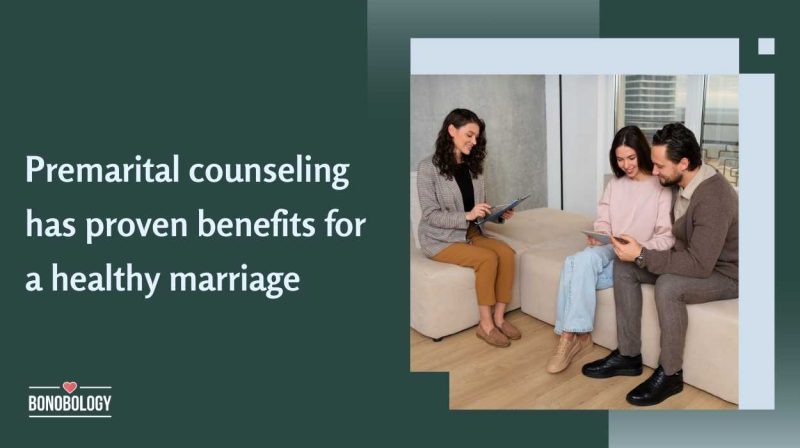

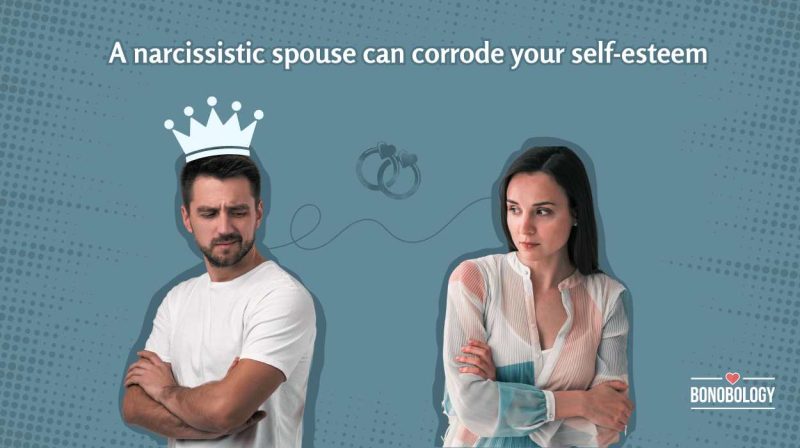
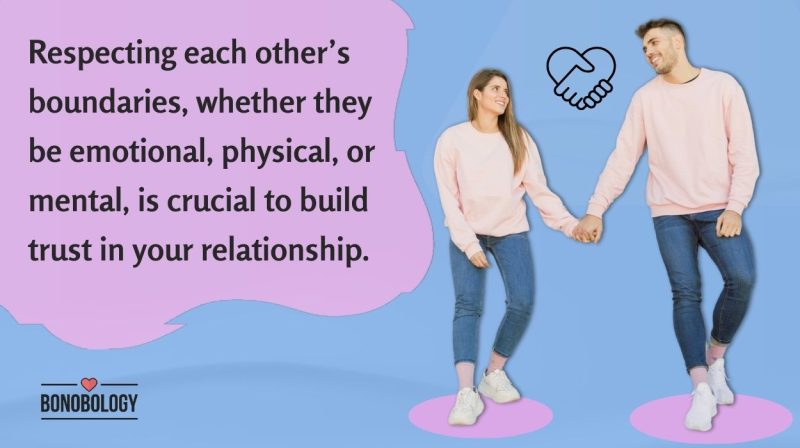

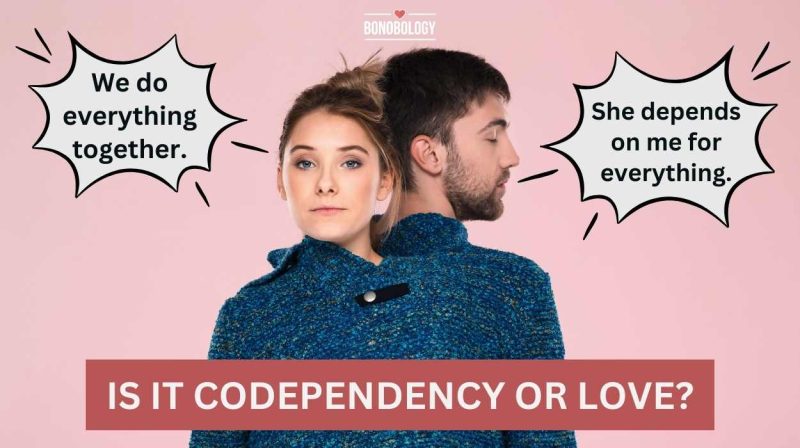

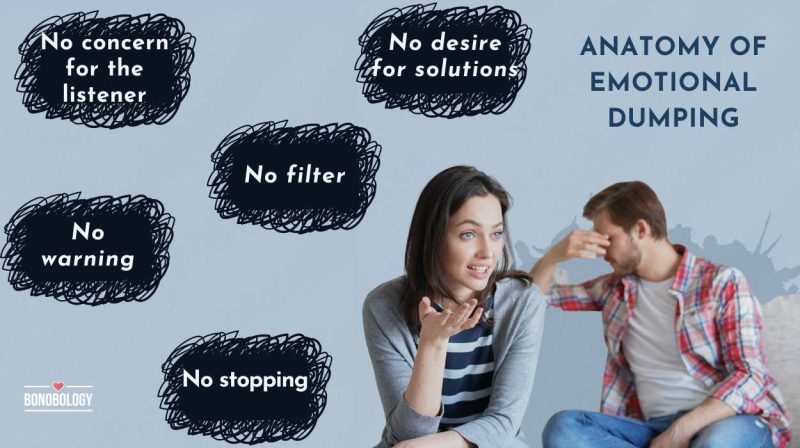
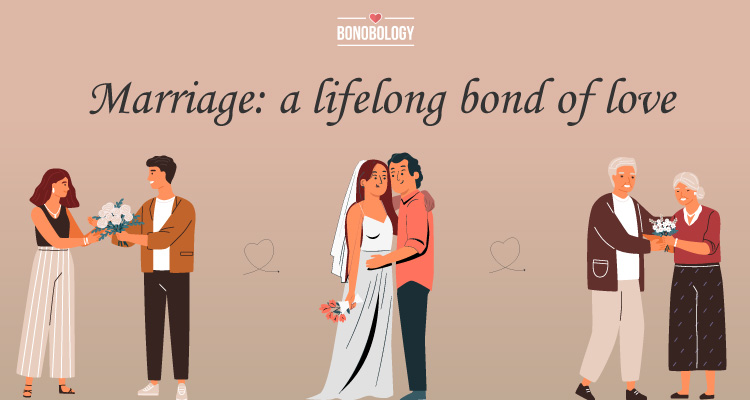
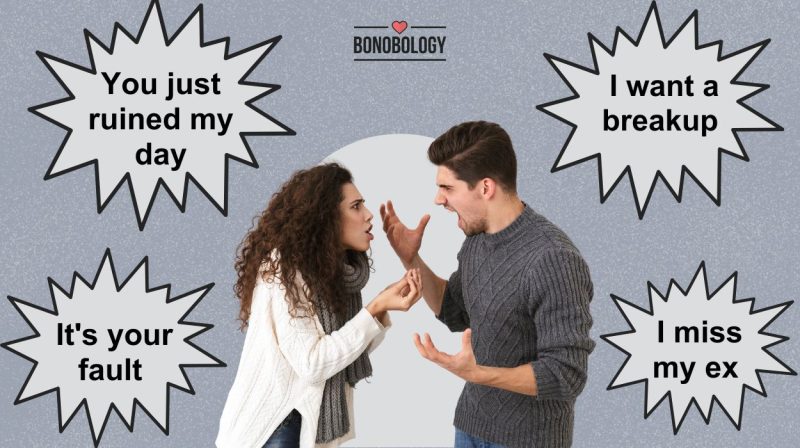
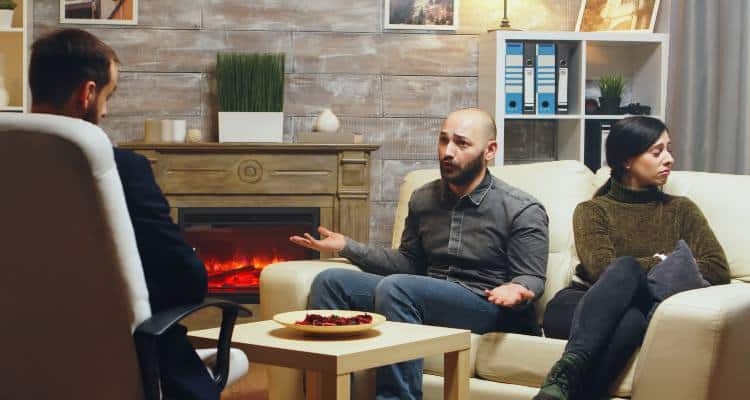

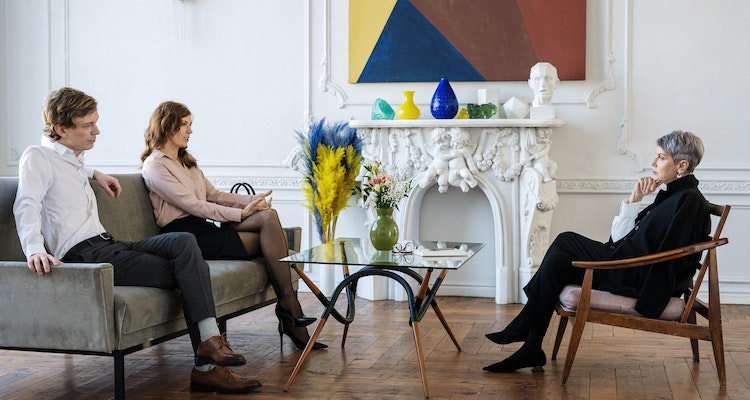
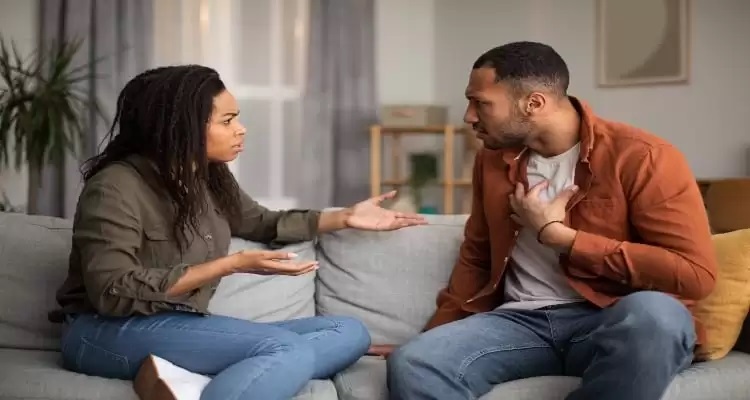
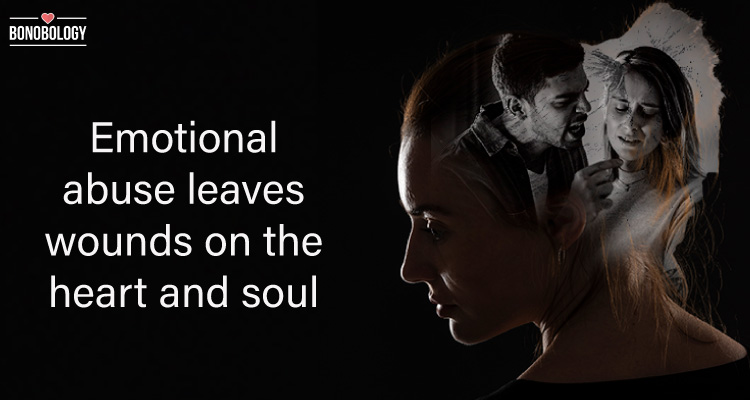
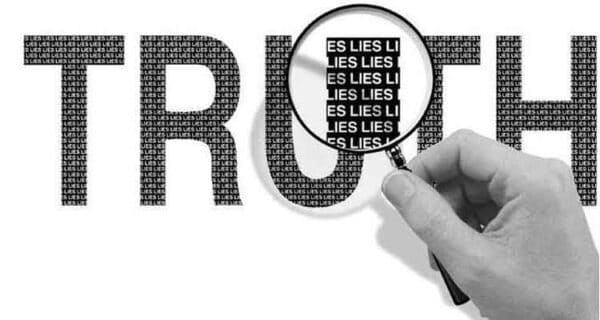
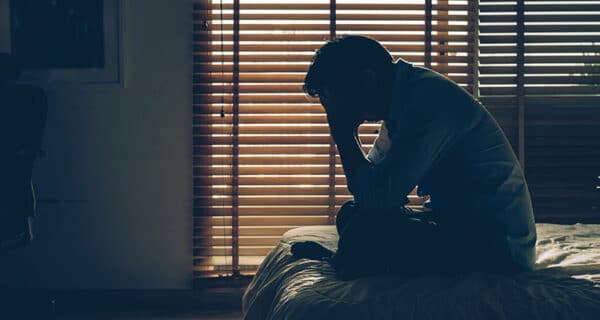
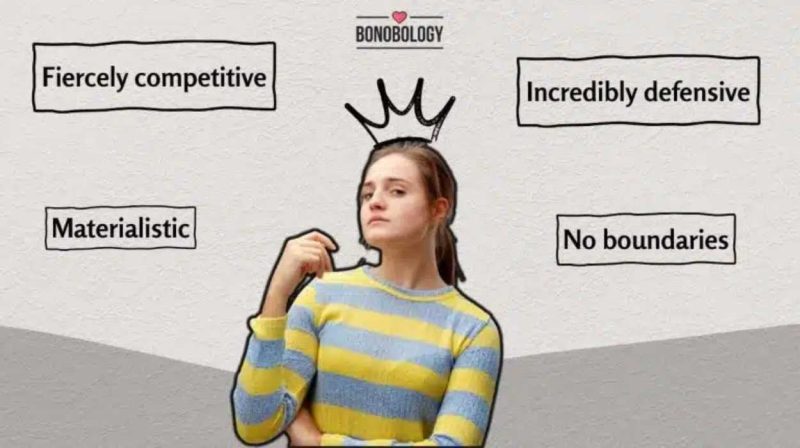
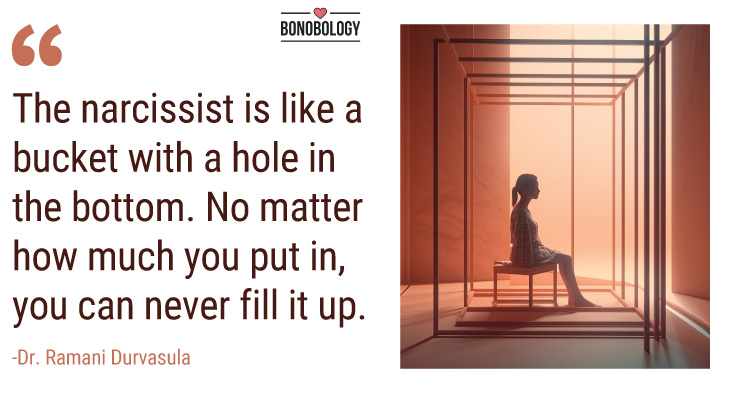

KUINKA SAIN EXIN AVIOMEEHENI TAKAISIN LOITSUJEN LAUTAJAN {PAPPI ADU} AVULLA JA HÄNEN JÄLLEENYTTÄMISRAKKAUDEN LOITSUNSA VOIMANA 7 PÄIVÄN SISÄLLÄ. LÄHETÄ HÄNELLE SÄHKÖPOSTIA OSOITTEESEEN ([email protected])